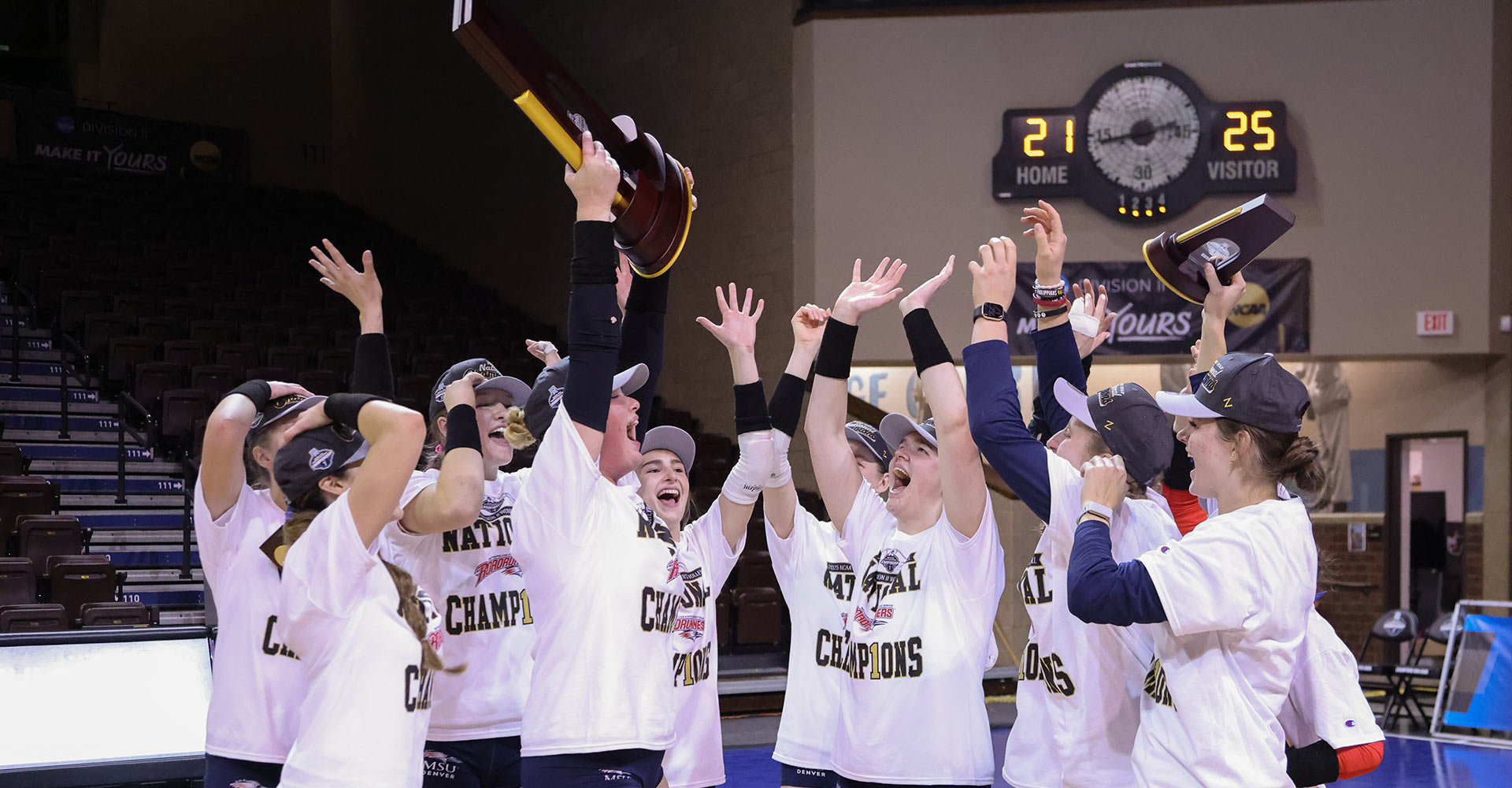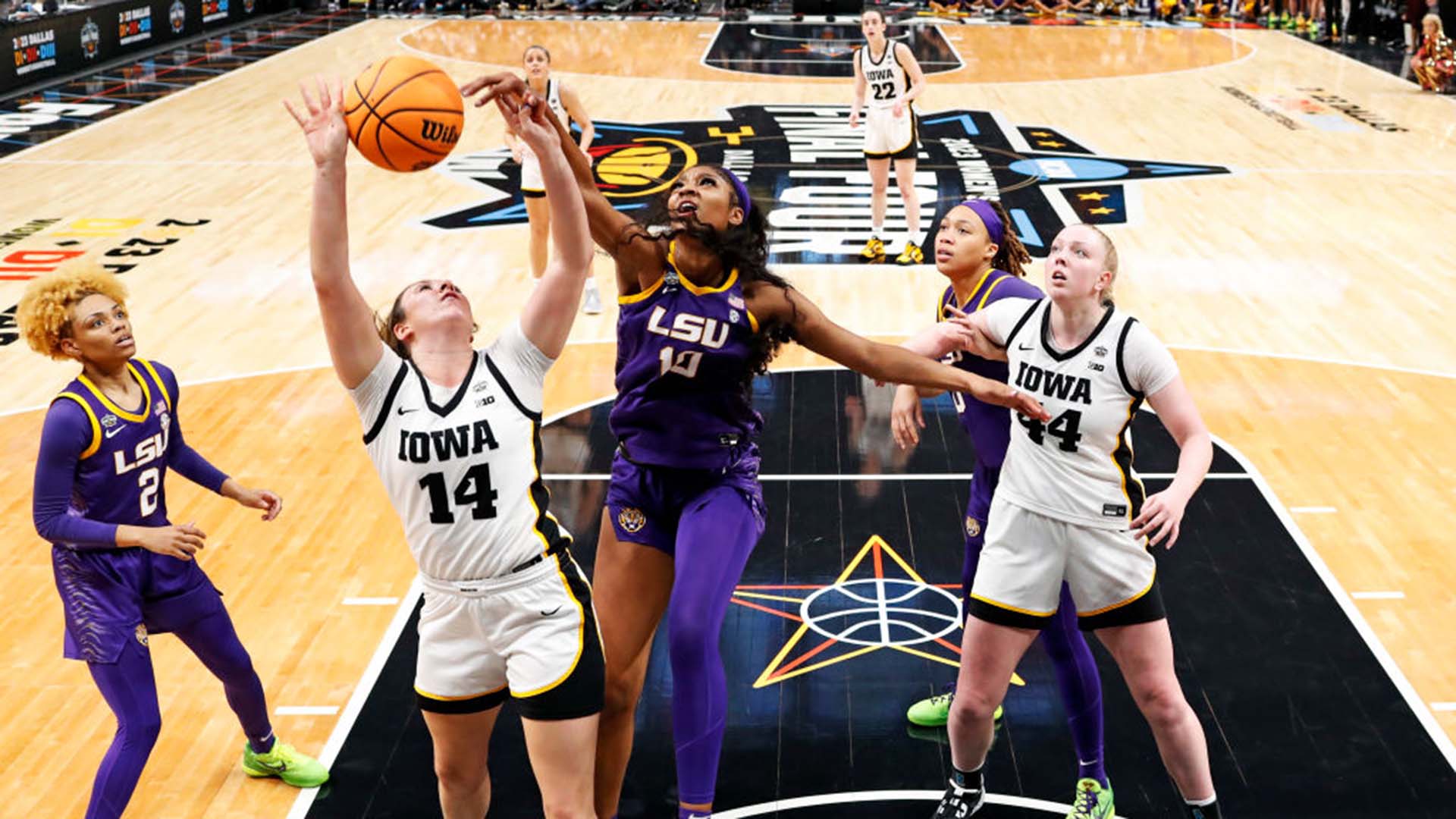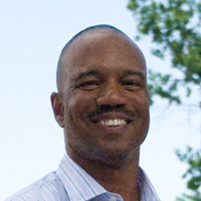Sports without fans: How should athletes react?
Empty arenas and ballparks present the pros with a new set of motivational and mental challenges to overcome.

Under normal circumstances, Denver Nuggets center Nikola Jokic’s Game 7-winning baby hook over Utah Jazz center Rudy Gobert on Tuesday night would have blown the lid off the Pepsi Center.
But rather than enjoying home-court advantage in the NBA playoffs’ first round, the third-seeded Nuggets and the rest of the teams in the tournament are living and playing in a fan- and COVID-19-free “bubble” at Walt Disney World outside Orlando, Florida.
The NHL is also completing its 2019-20 season sans fans in a bubble set in two Canadian hub cities – Edmonton and Toronto – while Major League Baseball is playing out a truncated season without fans in its ballparks. The NFL, meanwhile, will launch its 2020-21 season without a uniform fan-attendance policy; the Denver Broncos have announced that they won’t have fans at their Sept. 14 home opener against the Tennessee Titans.
While professional sports are significantly different for fans since the NBA, MLB and NHL returned over the summer, the changes that have allowed games to go on during the global COVID-19 pandemic are more impactful for professional athletes, experts say. Empty arenas and ballparks present athletes with a new set of motivational and mental challenges to overcome.
The athlete’s environment is an important aspect of competition and psychology, said Troy Morgan, Ph.D., a professor in Metropolitan State University of Denver’s Department of Human Sport and Performance specializing in mental-health counseling.
“When a high school player develops and moves on to the next level – to college or even pro – their environment changes, and that’s a psychological phenomenon they have to adjust to,” he said. “We all know athletes oftentimes play off the energy they get from their fans, which is why we talk about home-court advantage or home-field advantage. It doesn’t have to do with the court or field but more so the environment you’re playing in.”

Athletes who play physical and emotional sports such as football will likely be more impacted by playing in large, empty stadiums, said Shawn Worthy, a professor in MSU Denver’s Human Services and Counseling Department. Likewise, athletes who are more extraverted may miss the familiarity, emotional support and engagement of fans in the stands.
“The whole fan thing in general will (affect) some people based on their personality more than others,” he said. “Some may thrive in that environment with no fans as opposed to an environment with people surrounding them.”
Athletes must find ways to motivate themselves when they can’t rely on the excitement and energy generated by fans, said MSU Denver head baseball coach Ryan Strain. His father was a scout for the San Francisco Giants for nearly 40 years, and Strain spent a few years playing minor-league baseball before managing college squads. While he’s excited to watch big-league ball, MLB games without fans come off as “awkward,” he said.
New day. New game. Let’s get after it! pic.twitter.com/3sdlKLOJH1
— Colorado Rockies (@Rockies) September 2, 2020
“It’s not easy on (players),” Strain said. “They’re used to being away from their families, but it’s a challenge they are willing to accept to go play.”
Athletes should prepare for a future without fans in the stands by adjusting the tools they use to prepare for competition, such as positive mental imagery, for the new reality, Morgan said.
“Those practices help athletes focus on the present and (themselves),” he said, “and one of their outcomes is, in essence, shutting the audience out of your mind altogether. Really, not having fans allows athletes to refocus on their own play or their own selves.”






